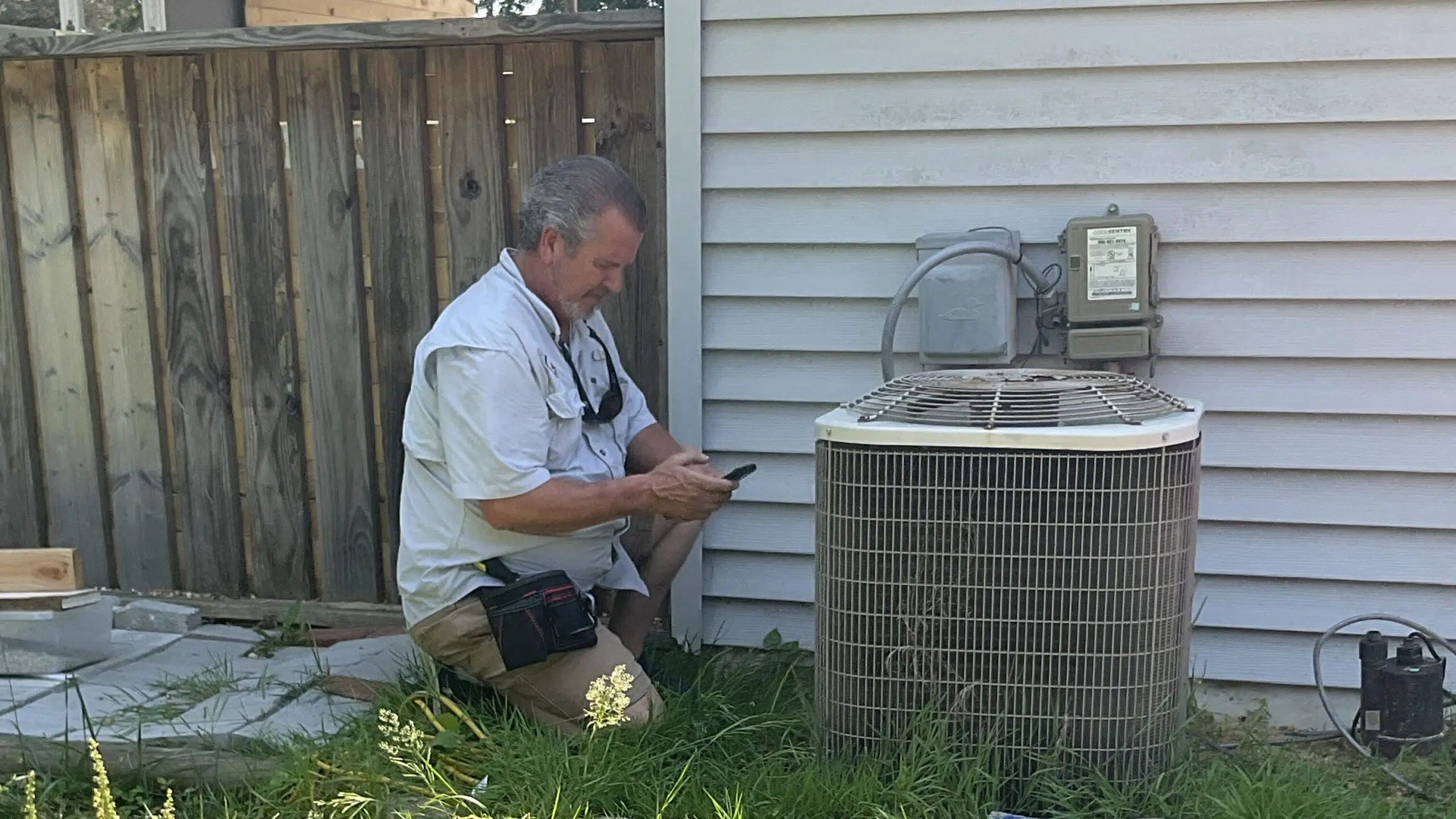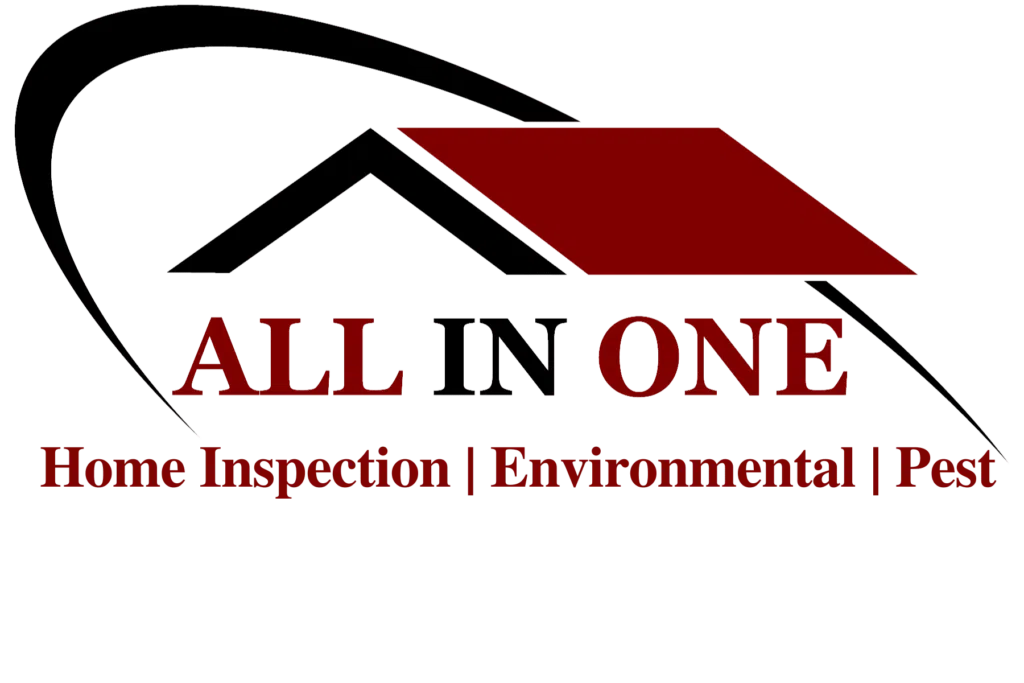Home inspection cost in the DMV?
Key Takeaways:
- Average Cost: Home inspections in the DMV in 2025 typically range from $350 to $750, with costs varying based on home size and condition.
- Cost Factors: Major factors influencing pricing include property size and age, location, specialized inspections (e.g., mold, termite, energy audits), whether the home is new construction or existing, and the inspector’s experience and certifications.
- Even new homes can have issues; inspections help catch construction errors.
- For the best value, hire a certified inspector, review sample reports, and understand what’s included in your inspection service.
Buying a home in the dynamic DMV (D.C., Maryland, Virginia) area is a significant investment. Whether you’re eyeing a charming row house in Capitol Hill, a suburban gem in Northern Virginia, or a historic property in Maryland, a professional home inspection is a critical step. But a common question arises for every prospective homeowner: “How much does a home inspection cost in the DMV?”
In 2025, the comprehensive home inspection cost in the Washington D.C. Metropolitan Area typically ranges from $350 to $750. While this is a general guideline, several key factors specific to the DMV market can influence the final price. Understanding these will help you budget effectively and ensure you get the best value for your investment.
What to Expect for a Standard Home Inspection in the DMV

A standard home inspection cost in the DMV generally falls within that $350-$750 range. For this price, your inspector will thoroughly evaluate the visible and readily accessible major systems and components of a home. This includes the roof, foundation, HVAC systems, plumbing, electrical systems, exterior, interior, attic, and basement or crawlspace. Think of it as a comprehensive physical for the house you’re considering.
So, why such a range? The variation in home inspection cost is primarily due to several specific factors that can significantly impact the time, effort, and specialized expertise required.
Key Factors Influencing Home Inspection Cost in the DMV
Property Size and Age
- Square Footage:
It’s pretty straightforward: a larger home takes more time to inspect. A sprawling 3,500 sq ft suburban property will inherently cost more to inspect than a cozy 1,200 sq ft condo, as there are more areas and components to cover. - Age of Home:
This is a critical factor for the DMV, given our region’s rich history. Older homes—especially those built before 1978 or even before 1950—often come with unique considerations that require more in-depth scrutiny. We’re talking about original plumbing (such as cast iron), older electrical systems (like knob-and-tube wiring), outdated HVAC units, and potential issues with historical materials. Inspecting a Victorian in Georgetown or a pre-war home in Arlington will likely incur a higher cost than a newly built townhouse in a modern development, precisely because of these complexities.
Location within the DMV
While we serve the entire region, specific travel times and local market dynamics within D.C., various counties in Maryland, and Northern Virginia can have a subtle impact on pricing. For instance, inspectors operating in densely populated urban centers, such as D.C., might have different operational costs compared to those serving more suburban or rural parts of the broader DMV area. In some cases, a property located significantly outside an inspector’s core service area might incur a small travel fee.
Specialized Inspections / Add-on Services

A standard home inspection is comprehensive, but many DMV properties benefit from additional, specialized assessments. These are typically offered at an extra cost and can provide crucial insights:
- Radon Testing:
This is highly recommended and often crucial in many parts of Maryland and Northern Virginia. Radon is a colorless, odorless gas that can seep into homes and pose a health risk.
Typical cost: $100-$200. - Wood-Destroying Insect (WDI) / Termite Inspection:
Given our climate, this inspection is almost always a requirement or highly recommended. It identifies active infestations or past damage from termites, carpenter ants, and other pests.
Typical cost: $75-$150. - Sewer Scope/Septic Inspection:
This is vital for older homes, especially those with mature trees and original sewer lines. A camera inspects the sewer lateral from the house to the main line, revealing blockages, cracks, or tree root intrusions that could lead to extremely costly repairs down the line.
Typical cost: $150-$300. - Mold Testing:
Recommended if there are visible signs of mold growth, musty odors, or a past water damage history. - Lead-Based Paint / Asbestos Survey:
Essential for homes built before specific years (e.g., lead paint before 1978) in older DMV neighborhoods. - Thermal Imaging:
Uses infrared technology to detect hidden moisture issues, missing insulation, or electrical hot spots not visible to the naked eye.
Often, combining these services into a package can offer a slight discount compared to ordering them individually, providing even greater value.
Inspector Experience and Certifications
Just like any professional service, highly experienced and certified home inspectors who have a deep understanding of local building codes and common DMV housing issues may charge more. However, their expertise is invaluable. An inspector with strong local knowledge can more accurately identify issues specific to construction styles or environmental factors prevalent in our region. Opting for a certified professional (e.g., ASHI, InterNACHI) who carries robust Errors & Omissions (E&O) insurance means you’re investing in peace of mind and potentially saving significantly more in future repair costs.
Choosing the Right Home Inspector in the DMV
When selecting a home inspector in the DMV, don’t just focus on the lowest price. Quality, experience, and comprehensive reporting are paramount.
Local Expertise: Prioritize an inspector who is intimately familiar with the diverse housing types, building codes, and common issues found throughout the D.C., Maryland, and Virginia areas.
Certifications & Insurance: Look for inspectors with reputable certifications like ASHI or InterNACHI, and ensure they carry robust Errors & Omissions (E&O) insurance.
Sample Reports: Always ask to see a sample report. A detailed, easy-to-understand report with photos and clear explanations is crucial for making informed decisions.
Client Testimonials & Reviews: Check online reviews on Google, Yelp, and other platforms to gauge past client experiences, especially those specific to the DMV.
Communication: Choose an inspector who is available to answer your questions clearly and explain their findings thoroughly, both during and after the inspection.
Why a Home Inspection is a Smart Investment in the DMV
Even with home inspection costs potentially reaching the higher end of the range or including specialized add-ons, a professional home inspection is an invaluable investment for DMV homebuyers.
Avoiding Costly Surprises
Imagine discovering major issues, such as a failing HVAC system, a compromised roof, or significant structural concerns, after you’ve closed on the property. These could lead to tens of thousands of dollars in unexpected repairs. The home inspection cost is a tiny fraction of what you might save by identifying these problems upfront.
Negotiating Power in the DMV Market
In the highly competitive DMV real estate market, knowledge is power. A detailed inspection report provides you with substantial leverage to request repairs, credits, or even a price reduction from the seller. This insight can translate directly into significant savings on your purchase.
Peace of Mind
Beyond the financial aspects, knowing the actual condition of your future home provides immense peace of mind. It enables you to move forward with confidence, whether that involves negotiating repairs or simply understanding the maintenance requirements of your new property.
Protection for New Construction
It’s a common misconception that new homes don’t need inspections. However, even newly constructed homes in bustling developments across Loudoun County, Prince George’s County, or Stafford County can have defects. An independent inspection catches builder errors, ensures code compliance, and verifies the quality of the construction, protecting your significant investment.
Make an Informed Investment
Investing in a quality home inspection in the DMV isn’t just another closing cost; it’s an essential safeguard for one of the most significant purchases of your life. It equips you with the knowledge needed to make informed decisions, negotiate effectively, and ensure your dream home doesn’t become a financial nightmare.
Ready to schedule your comprehensive DMV home inspection and gain unparalleled peace of mind?
Don’t leave your most significant investment to chance. Contact All In One Home Inspection today for a detailed quote specific to your prospective DMV property!
